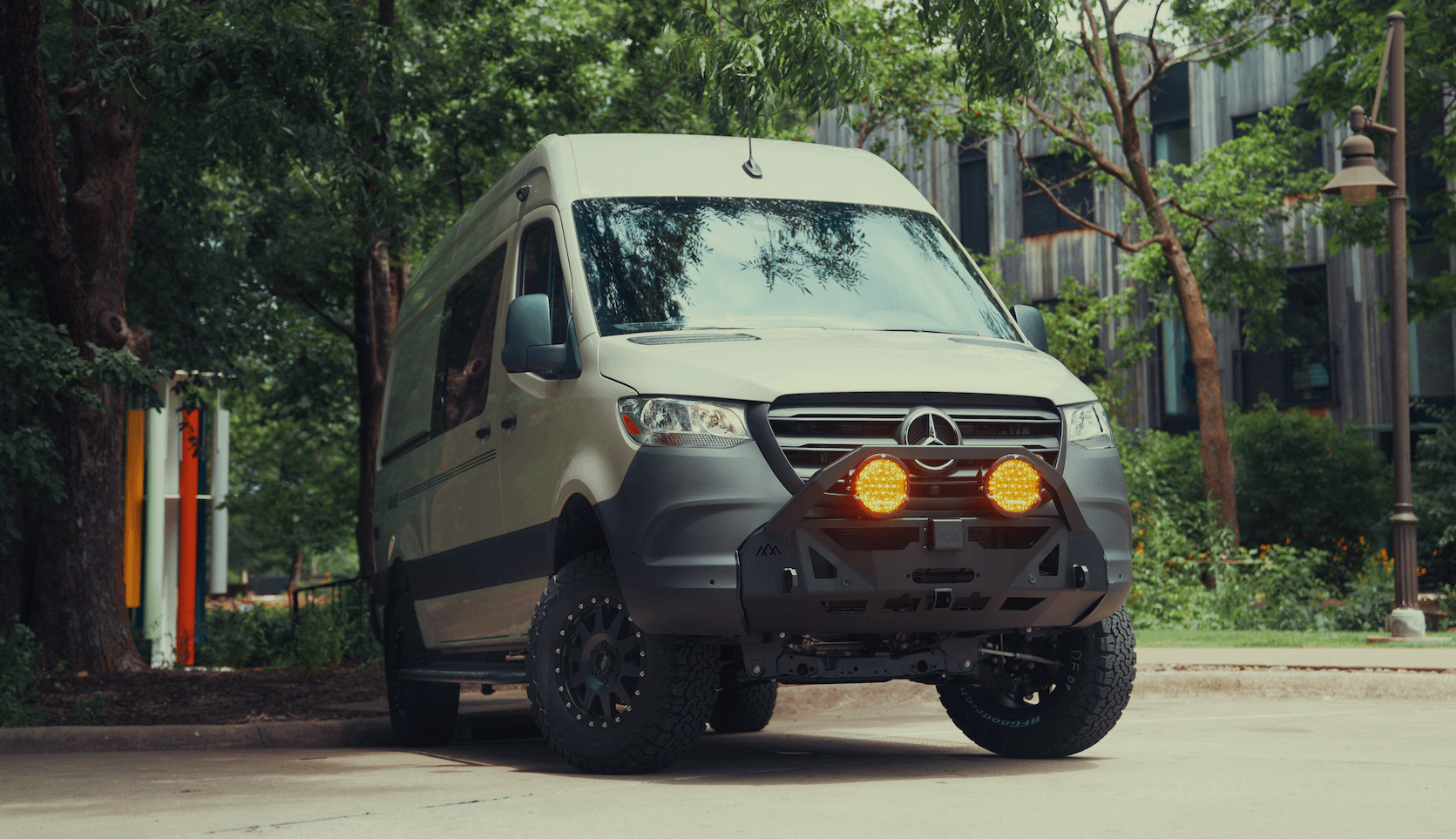Recreational Vans

A final punch list service is the structured checkpoint at the end of a project that confirms every requirement is met before the client takes ownership. The team compiles a concise list of open items, assigns each to a responsible party, sets dates for correction, and validates completion with reinspection. The objective is simple quality at handoff by catching small defects and missed details while the project team is still mobilized.
The punch list spans multiple categories. Fit and finish items include alignment, gaps, fasteners, sealants, paint, and protective coatings. Functional items measure performance of electrical, plumbing, HVAC, controls, and safety devices. Code and standard compliance is reviewed against project specs and applicable regulations. Documentation closeout verifies as built drawings, manuals, warranties, service intervals, and training.
For clarity and speed, each punch item is specific, measurable, and location tagged. Good entries identify the component, exact condition observed, the acceptance criteria, and the corrective action. A reliable service will map items to a floor plan or system diagram and use photos or video to reduce ambiguity.
Begin with a quiet walk through to scan for finish and safety issues without distraction. Then repeat the walk with the spec book, drawings, and test procedures in hand. Move from macro to micro. Start at the envelope and structure, then progress to interiors and systems, and finish with user interfaces and documentation.
H3 checkpoints help ensure completeness.
Scope creep is a frequent problem when cosmetic wish lists appear late. Keep the list tied to contract requirements and documented standards. Another pitfall is vague language. Replace general phrases with objective criteria and measurable tolerances. Avoid batching many issues under a single line item since that makes verification difficult.
Timing matters. The best final punch list service starts when the project is substantially complete, not half done. That allows the team to work efficiently without new work introducing additional defects. Use a two pass approach initial list creation followed by a focused reinspection to confirm closure. Digital tools help here. Field apps with geotagged photos, QR labels for components, and status dashboards keep everyone aligned.
Instrumented tests reduce subjectivity. Torque wrenches confirm fastener spec. Moisture meters validate wood and finish readiness. Multimeters, manometers, sound meters, and thermal imagers provide quantified results. Where standards apply such as ISO quality systems, NFPA electrical guidance, or manufacturer installation manuals, cite them alongside each check.
A tidy environment leads to better results. Clean surfaces reveal defects, and organized tools reduce the chance of marring finishes. Finish with a client facing demonstration that proves the system works as intended. That builds trust and doubles as training.
In a custom vehicle, a disciplined final punch list service is the difference between a good build and a confident delivery. The list centers on three themes safety, performance, and finish. Safety covers electrical protection, propane or fuel lines, battery containment, emergency access, and load security. Performance evaluates inverter output under real loads, charge rates from alternator and solar, water system pressure, heat and cooling effectiveness, and noise levels while driving. Finish focuses on cabinet alignment, latch tension, trim fit, seal integrity, and rattle control.
A thoughtful service will add dynamic checks. Road test for squeaks, vibrations, and clearances over speed humps. Park on a slope to validate drain lines and tank vents. Run a full power day cold start to lights out to prove energy balance. Finally, provide a tailored owner orientation that shows how to operate and maintain the systems with confidence.
If you are exploring a purpose built adventure van, learn how we approach complete builds on our recreational vans page. Curious about tailored craftsmanship from shell to finish, see our custom build van overview. Want a platform aligned with book value and financing paths, review our mainstream vans options.
Strong closeout delivers peace of mind. That is the goal of a true final punch list service and the standard we follow before any keys change hands.
Ready for a flawless handoff on your custom build? Our team in Fayetteville follows a rigorous final punch list service that verifies safety, fit and finish, and system performance before delivery. Tell us how you travel, and we will tailor the last mile of quality to your needs. Start your build conversation now.
ADDRESS:
6159 E Huntsville Rd, Fayetteville, AR 72701
PHONE:
(479) 326-9200
EMAIL:
info@ozkvans.com